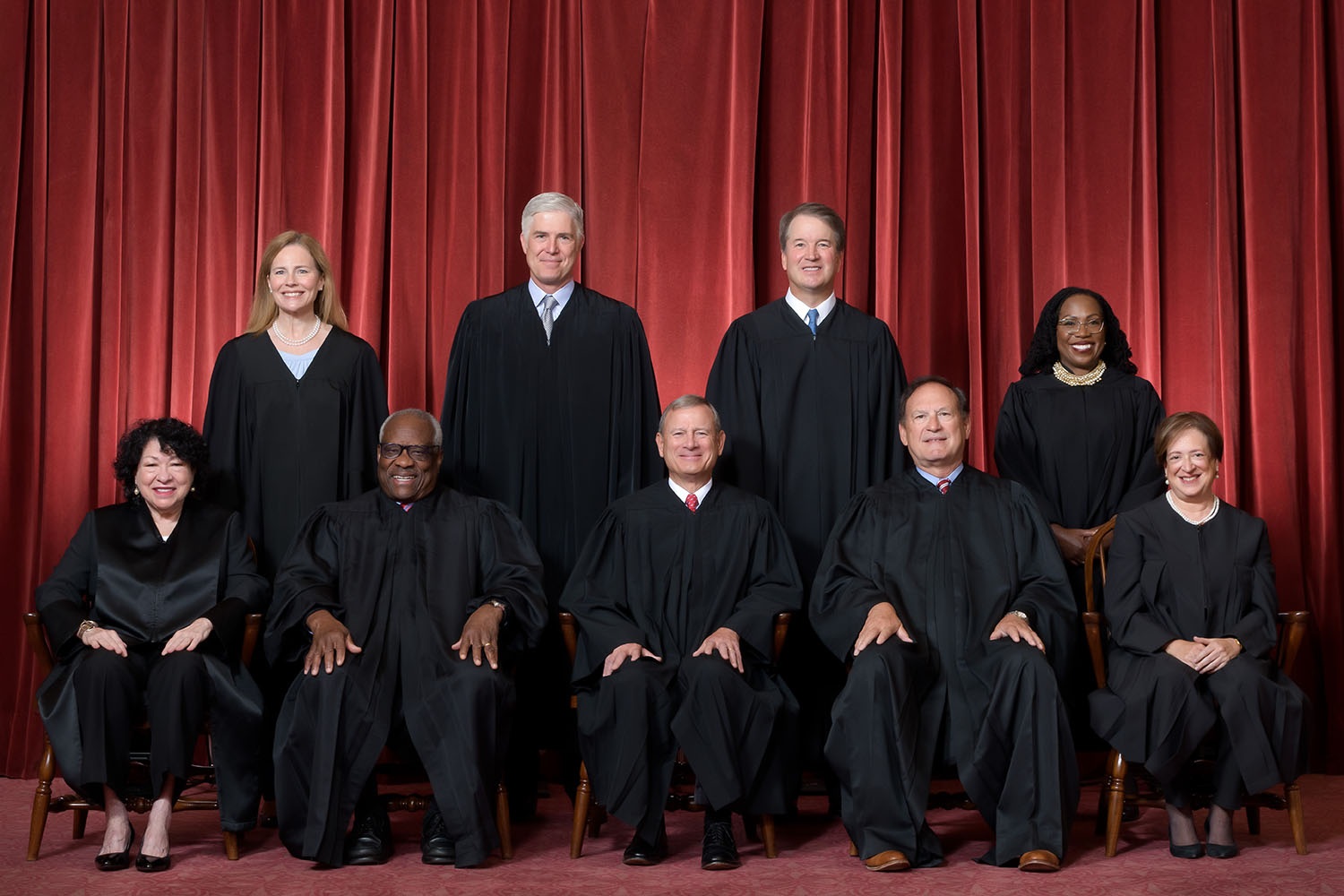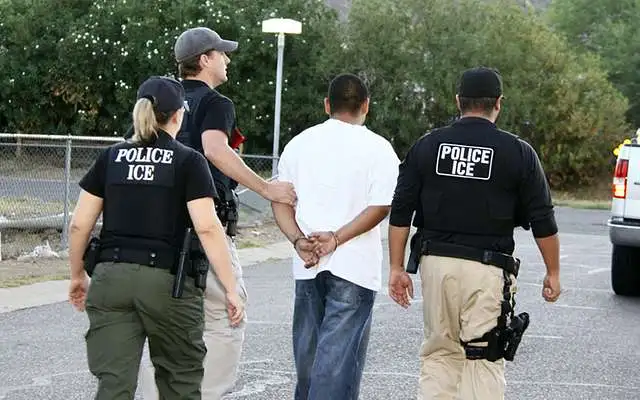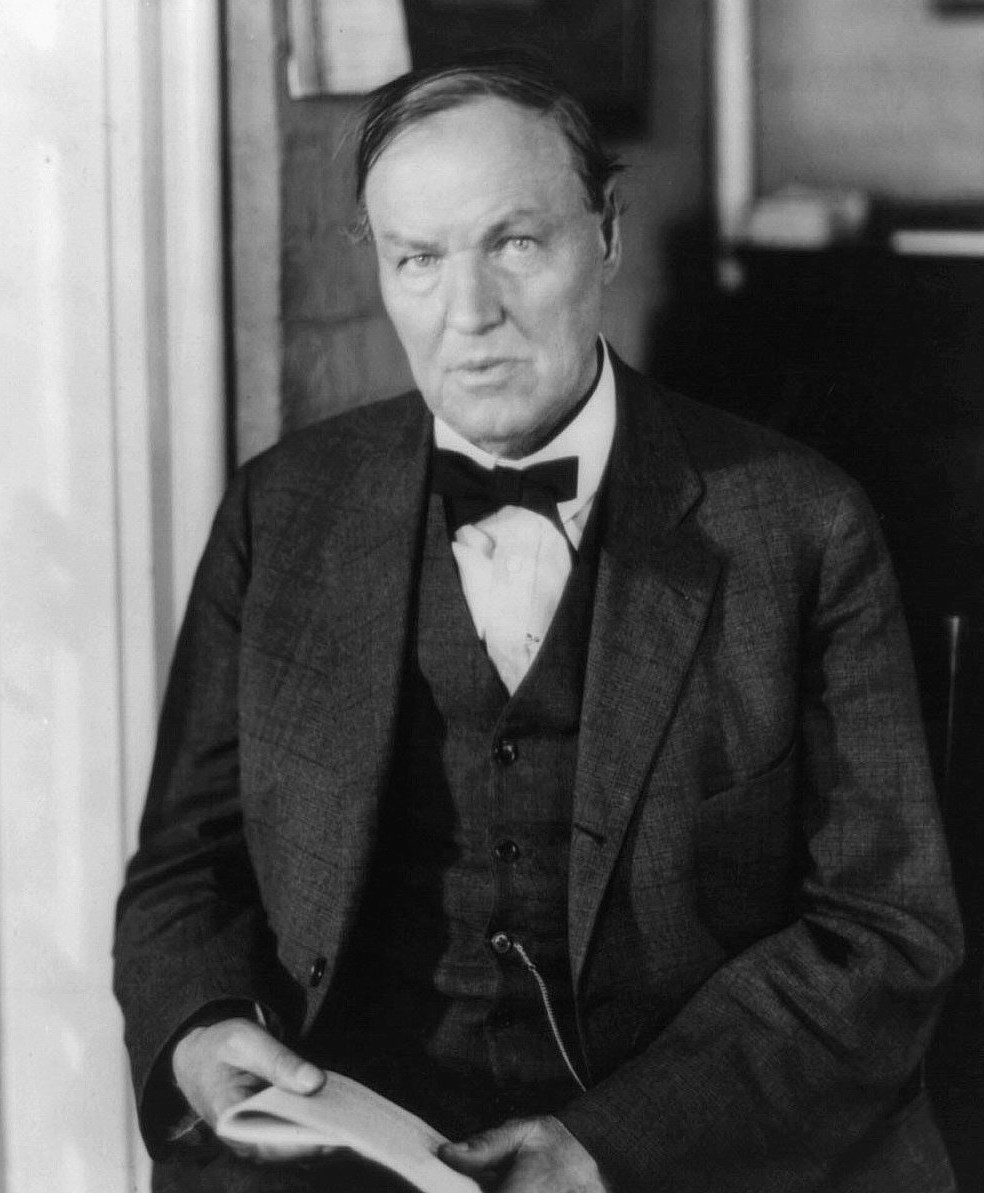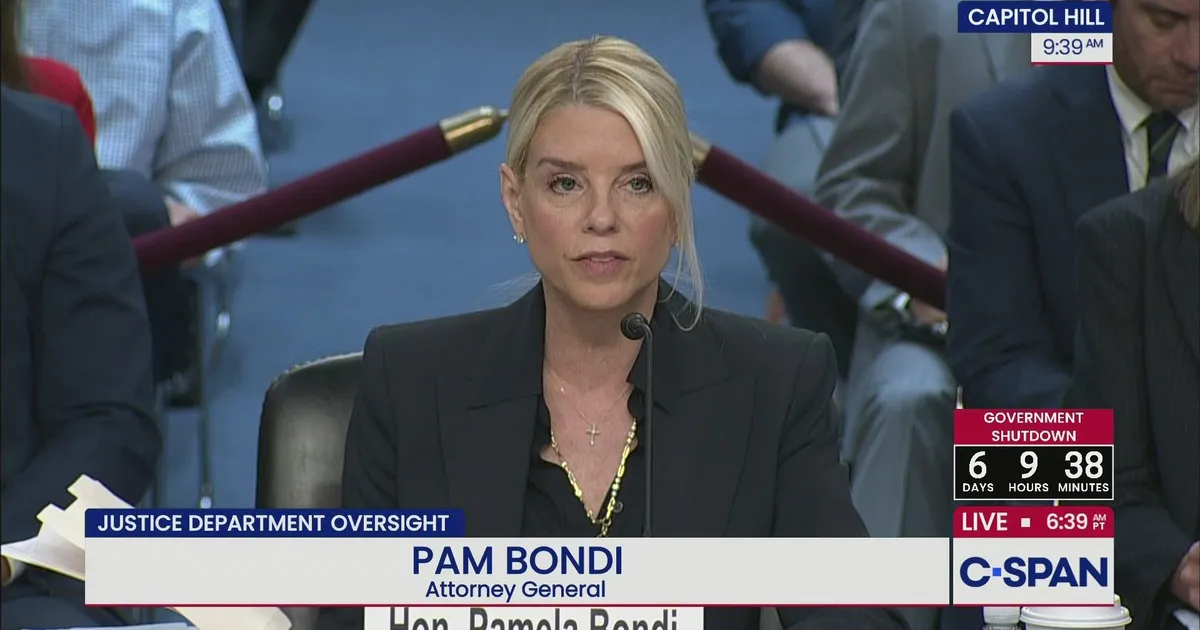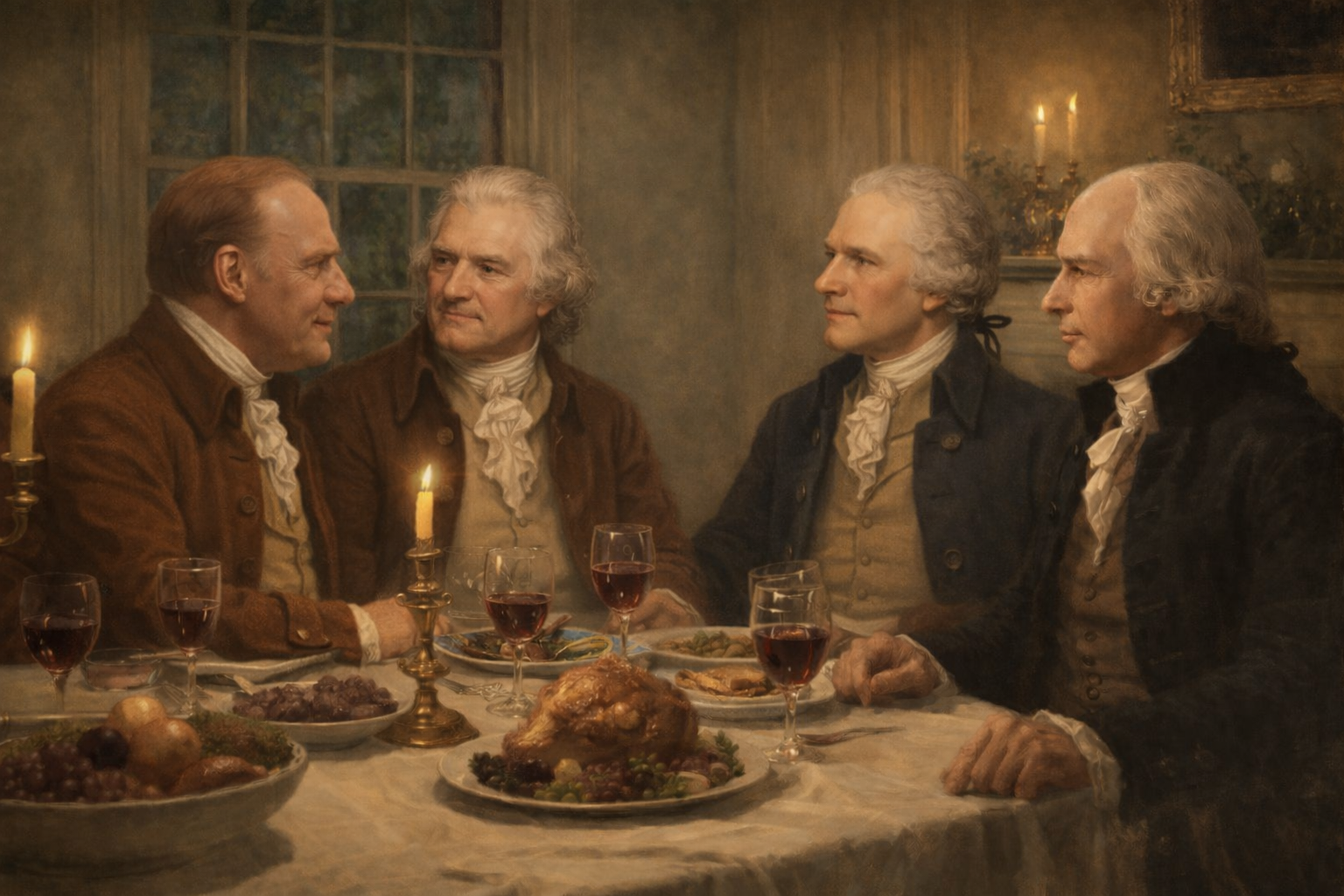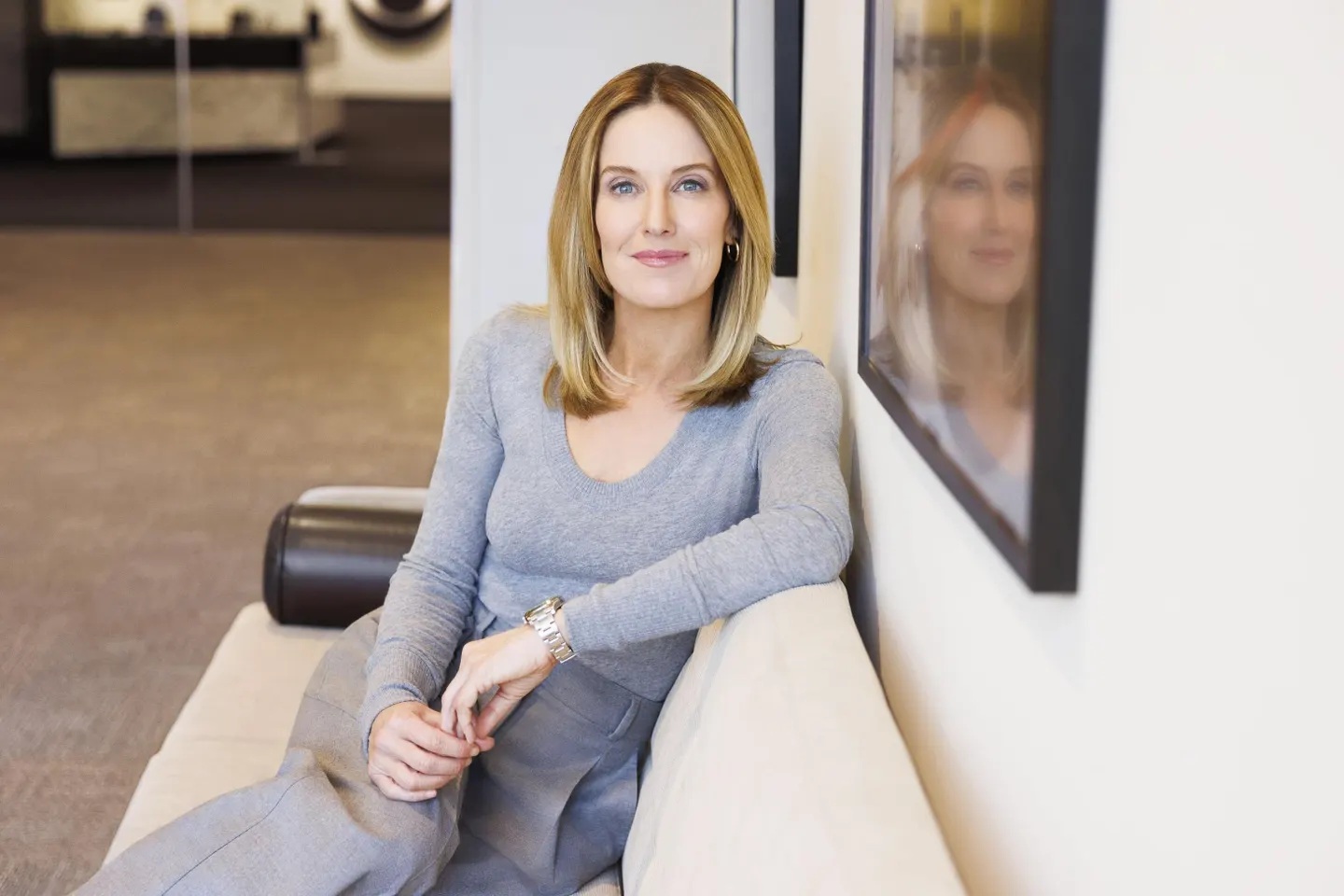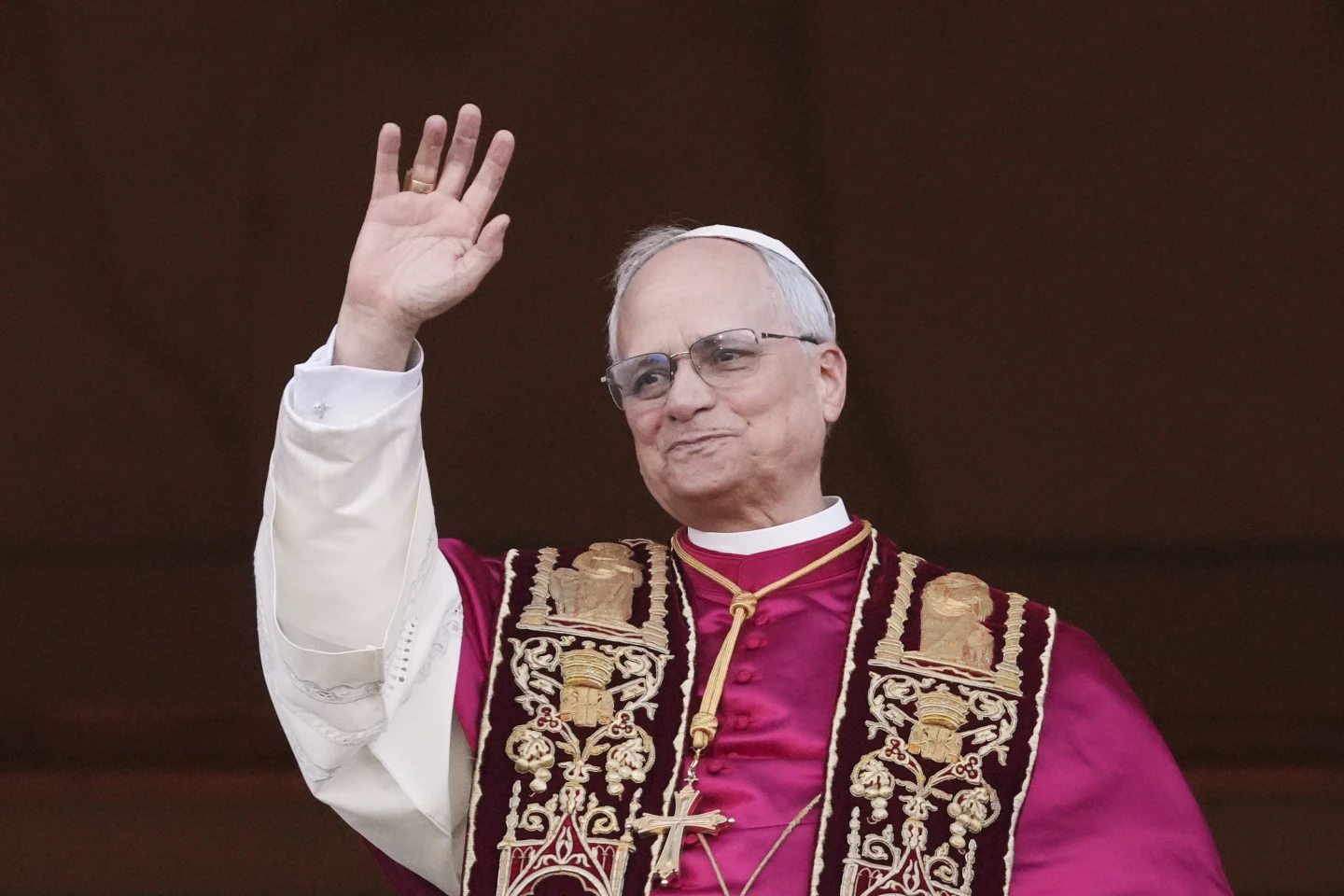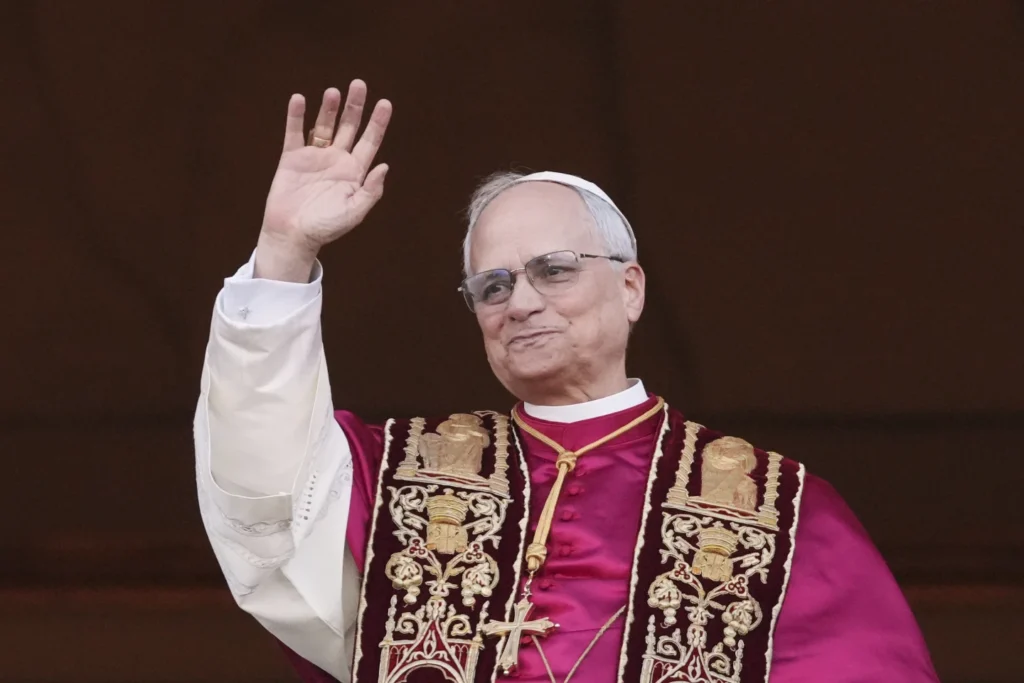
Photo: Dims/AP
Beginning Monday, I’ll be highlighting five U.S. Presidents who–when confronted with defining choices–led with integrity instead of expedience. These presidents didn’t just occupy the Oval Office; they embodied the values that give leadership its true meaning. Their choices remind us that integrity is not a political strategy—it’s a standard.
Today, however, I begin with a new global leader—one who speaks to the largest moral constituency on Earth, 1.4 million Catholics: Pope Leo XIV, formerly Cardinal Robert Francis Prevost.
* *
Every so often, someone steps onto the world stage who reminds us what moral leadership looks like. The newly elected Pope has done just that.
He didn’t arrive with fanfare or flourish. He arrived with a quiet resolve and a message rooted in principle: The Church must lead not just in ritual, but in responsibility. His focus isn’t on preserving tradition for tradition’s sake. It’s on truth—uncomfortable, necessary, and long overdue.
From the beginning of his ministry, the new Pope made ethics his compass. Long before he wore white, he was walking the backstreets of his community, not for photo ops but to listen—to the poor, the forgotten, the broken. His leadership grew out of proximity to pain. That shaped not only his theology but his conscience.
And he’s brought that same conscience to the Vatican.
He’s not here to please the powerful. He’s here to remind them of their responsibility. Already, he’s spoken out about corruption—inside and outside the Church. He’s called for transparency in finances and accountability for those who have hidden behind hierarchy. He speaks plainly. He names the harm. And he doesn’t duck the hard questions.
His first remarks as Pope weren’t about doctrine. They were about duty. “We must be a Church that doesn’t close its doors when the truth knocks,” he said. That’s more than a quote—it’s a mission statement.
Some will call him bold. Others will call him divisive. But here’s the truth: when you speak from a place of integrity, you will always make someone uncomfortable. That’s not disruption—it’s leadership.
We live in a time when too many leaders—religious and political—treat ethics like an accessory: convenient when it aligns with their interests, easily discarded when it doesn’t. This Pope is different. He’s not asking what’s safe. He’s asking what’s right.
He knows reform is messy. He knows the weight of the institution. But he also knows this: silence is not neutral. It protects the wrong people. And he’s made it clear—he won’t stand by while injustice hides behind sacred walls.
In the days ahead, there will be resistance. That comes with the territory. But if the early signs are any indication, this Pope is not here to play it safe. He’s here to restore something that’s been in short supply: moral credibility.
Leadership doesn’t begin with authority. It begins with courage. The courage to listen. The courage to tell the truth. The courage to change.
We haven’t just been given a new Pope. We’ve been given a challenge—to match his integrity with our own.
And in this moment, that’s exactly ingwhat the world needs.
Comments

